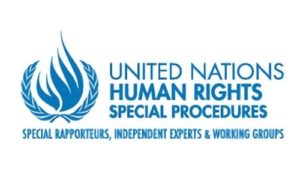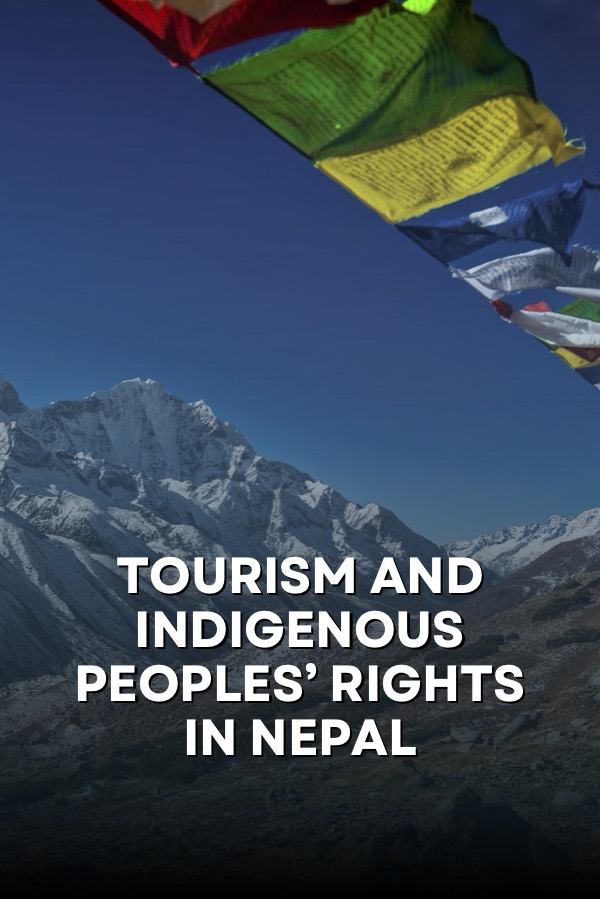भिसा फेसिलितेसन सर्विसेस (भिएफ़एस) ग्लोबल विरुद्ध दुई नेपाली संस्थाहरूले दायर गरेको उजुरीको जवाफमा स्विस सरकारको नेशनल कन्त्याक्त पोइन्ट (National Contact Point – एनसीपी)ले भिएफ़एस ग्लोबललाई काठमाडौंको पर्यटकीय क्षेत्र ठमेलमा रहेको छाया सेन्टरसँगको भाडा करार सम्झौता जिम्मेवारीपूर्वक अन्त्य गर्न सिफारिस गरेको छ।
जुरिकमा मुख्यालय रहेको भिएफ़एस ग्लोबल (VFS Global) विरुद्ध २५ अगस्ट २०२४ मा स्विट्जरल्याण्ड सरकारको आर्थिक मामिला सचिवालय (State Secretariat of Economic Affairs) मातहतको जिम्मेवार व्यापार आचरणको लागि नेशनल कन्त्याक्त पोइन्ट (National Contact Point (NCP) for Responsible Business Conduct) मा उजुरी पेश गरिएको थियो। उजुरीमा भिएफ़एस ग्लोबलले छाया सेन्टरमा आफ्नो संलग्नताको लागि प्रभावकारीरुपमा मानवअधिकारको मुल्यांकन (human rights due diligence) नगरेको र छाया सेन्टरमा निरन्तर कार्यालय सञ्चालन गरी आदिवासी नेवा: समुदायको मानवअधिकारमा नकारात्मक असर पारेकोले जिम्मेवार व्यापार आचरणसम्बन्धि बहुराष्ट्रिय कम्पनिहरूको लागि ओइसीडीका दिशानिर्देशन (OECD Guidelines for Multinational Enterprises on Responsible Business Conduct) को उल्लङ्घन गरेको आरोप लगाइएको थियो।
more “स्विस सरकारद्वारा भिएफ़एस ग्लोबललाई काठमाडौंस्थित छाया सेन्टर व्यापारबाट जिम्मेवारीपूर्वक सर्न सिफारिस”

